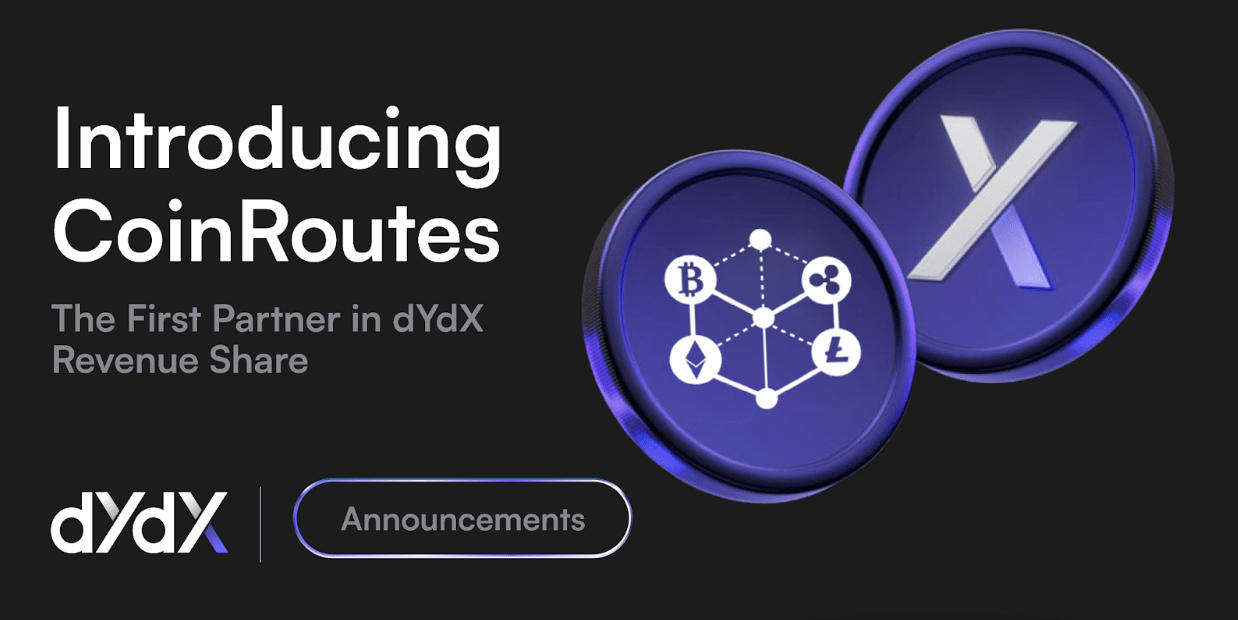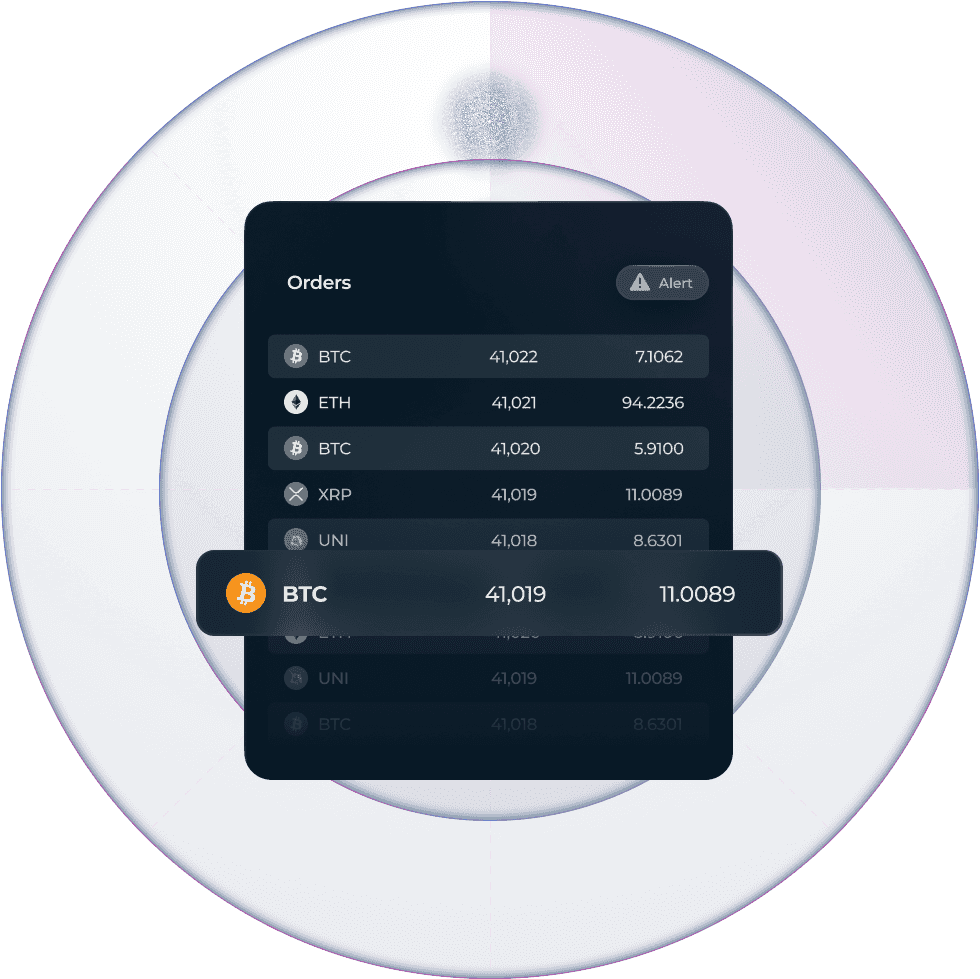Market Commentary
July 1st Weekly Market Commentary
July 01, 2024
The Courts take the SEC to the Woodshed...
Last week's market action was lackluster with low volumes in the first full calendar week of summer, but the U.S. court system was very busy. In the past week, the SEC was blocked from using their own courts, a judge ruled that BNB trading on secondary markets are not securities transactions and, in a historic rejection of the Chevron doctrine, the Supreme Court ruled that agency interpretations of statutes can not be relied upon. Taken together, these cases should further weaken the SEC anti-crypto agenda, but the SEC didn't seem to care as it pushed ahead with its suit against Consensus.
In other crypto news, Van Eck filed for a Solana ETF, which triggered a sharp rally in the SOL token and both Ethereum and Bitcoin rallied a bit over the weekend after last week's Mt. Gox led selloff. In the case of Bitcoin, it rallied off the lows of the 100+ day trading range it has been mired in since March. That range has essentially been from 60 to 70k with a bit of room on both sides to create support or show resistance. Until the range is broken in a sustained manner, we will continue to refer to the trading activity as range bound.
Weekly Crypto Watch
Bitcoin (BTC) $63,136. (up 3.1%)
Ether (ETH) $3,471 (up 5.3%)
Solana (SOL) $148.1 (up 16.5%)
BTC Funding Rate 0.0064%
ETH Funding Rate 0.0085
Macro Watch
S&P 5474.64 (down 6.1 points)
Gold $2,340.2 (unchanged)
Oil $83.5 (up $2.12 )
DXY 105.83 (increase of 0.31 points)
In The News
The Supreme Court "Loper Bright Enterprises v. Raimondo" case overturns the Chevron doctrine
In a seismic change, the Court ruled that "The Administrative Procedure Act requires courts to exercise their independent judgment in deciding whether an agency has acted within its statutory authority, and courts may not defer to an agency interpretation of the law simply because a statute is ambiguous". While this case had nothing directly to do with crypto, the majority opinion specifically points out the following, which is the situation crypto founders continue to face in the U.S.:
"Chevron thus allows agencies to change course even when Congress has given them no power to do so. By its sheer breadth, Chevron fosters unwarranted instability in the law, leaving those attempting to plan around agency action in an eternal fog of uncertainty."
It remains to be seen how this case will impact the current raft of SEC lawsuits, but, at a minimum, it is virtually certain to push the Congress to move forward with the FIT 21 act, as failure to do so could leave crypto completely unregulated.
In another important Supreme Court case, SEC v. Jarksey, the court held that defendants, accused of fraud by the SEC are entitled to a jury trial, rather than being tried by the SEC's own administrative court. This may not sound important, but the SEC's win rate in its own court is extremely high, and is a major factor for firms to settle complaints with the agency.
Taken together, these decisions are a serious blow to regulatory overreach and the administrative state. Such developments can only help pave the way for a more responsible regulatory framework for crypto in the future.
Other SEC cases are still moving ahead
Despite the court rulings, the SEC elected, right after the Loper case was announced to formally sue Consensus for operating the Metamask wallet as an unregistered broker dealer. I dont want to comment on the merits or probabilities of them winning that case, as I am not an attorney, but the timing shows defiance on the part of the SEC at a minimum.
In the ongoing Binance case, however, Judge Jackson issued several rulings, which is allowing the case to mostly move forward. It is, however, important that her ruling specifically rejected the SEC claim that secondary trading of BNB were securities. Her ruling cited Judge Torres's reasoning that an asset, which otherwise does not meet the Howey test when traded on secondary markets are not securities.
At a minimum, this ruling further complicates the SEC's claims that the "law is clear" on what constitutes a security and, taken with the Loper case, is going to make their ongoing cases against Coinbase, Kraken and Uniswap labs problematic.
Van Eck files for a Solana ETF and 21Shares follows
Last week, Van Eck made Crypto News Headlines with their filing for a Solana ETF, with the token rallying over 15% to over 148 in mere minutes after the announcement. It subsequently retraced roughly one third of that move before regaining the 148 level again this morning. It is important to note that this announcement is still likely a long way off, but it does signal to the market that Solana, at least in the eyes of Van Eck's clients has become the number 3 crypto platform and, in their minds, is sufficiently decentralized in the aftermath of FTX's demise.
That said, in order for a SOL ETF to be approved, there would likely need to be a "regulated market of sufficient size" that trades SOL either as Futures or spot. The Bitcoin ETF applications, of course, relied upon the CME Bitcoin Futures contracts and the soon-to-be-approved Ethereum ETF applications also relied upon CME futures on Ethereum. Thus, it seems likely, in the absence of other regulated markets in the U.S., that Solana futures would need to debut and trade with sufficient volume for these applications to move forward. As a result, while the debut of Ethereum futures did not propel the price of Ethereum and the trading of Bitcoin Futures marked a major top in Bitcoin's price in 2019, if the CME announces a Solana contract, it would likely be viewed quite positively.

.png?u=https%3A%2F%2Fimages.ctfassets.net%2F3dkfueqvsbv6%2F1J2rD64c8e9DiuT2sLCGea%2F284a50f88912af4eb5ac4700e9b7386b%2FCR__1000_x_1000_px_.png)


